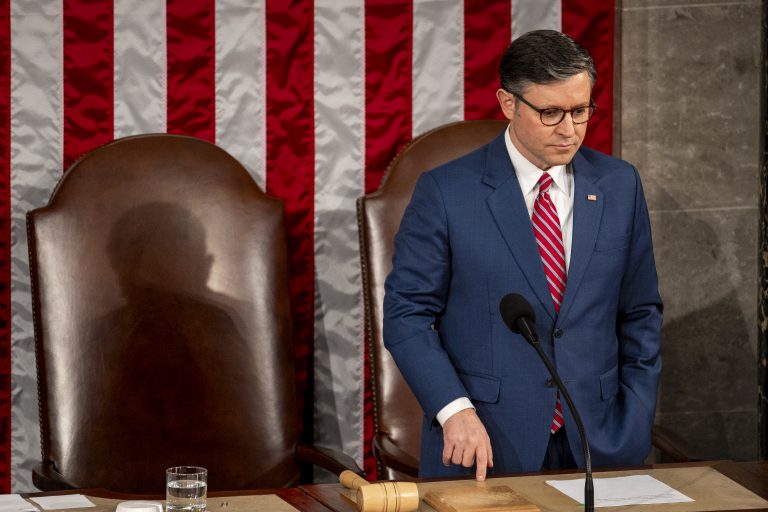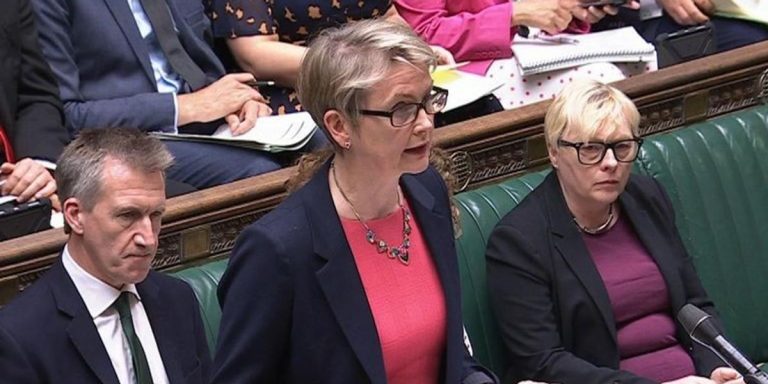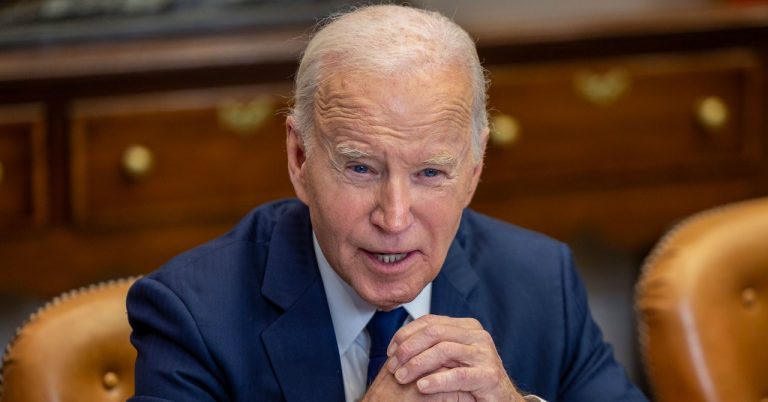
Sir Keir Starmer tried to win damages for an IRA terrorist and an armed robber decades before he decided to repeal the Legacy Act upon entering Downing Street, which could pave the way for Gerry Adams to receive compensation for his detention during the Troubles period.
Starmer has since insisted he will try “every conceivable way” to stop the former Sinn Féin president from getting a payout after the move sparked backlash on Tuesday.
He brought the case to the High Court in 2001 to win compensation for the men against the treatment they received from prison guards upon recapture.
In 1994, there was a notorious escape from Whitemoor Prison in Cambridgeshire where several prisoners, including IRA members and other criminals, broke out.
Among those involved were Liam McCotter, a convicted IRA bomber, Danny McNamee, whose conviction for the IRA Hyde Park bombing was later quashed in December 1998 as new evidence came to light, and Andrew Russell, an armed robber.
Starmer, then a barrister, represented these individuals in a legal challenge against the treatment they received from prison guards upon recapture.
The legal basis for the claim was that the force used by prison officers during the recapture was excessive or unreasonable.
Starmer won damages for two of the men, which drew much criticism at the time, especially the cost to the taxpayers, which was reported to be around £500,000 for legal aid.
He won £2,500 for Russell after the judge accepted evidence that he was punched and kicked and that an officer stamped on his hand while he was on the ground, handcuffed, and restrained. This was considered excessive and unlawful force.
Russell, known for orchestrating a helicopter escape from another prison in 1987, had multiple cuts and bruises, including a haemorrhage in his right eye and a torn ligament in his arm, which the judge concluded were caused by the described assault.
Starmer won £5,000 in aggravated damages for McNamee after the judge accepted his claim that he was subjected to “assault and battery” or “misfeasance in public office” by prison officers.
Specifically, the judge noted that the second blow from a stave McNamee received was “a gratuitous piece of punishment inflicted after he was effectively restrained”.
McNamee suffered two head wounds requiring stitches, which were deemed to have resulted from unjustifiable attacks by prison officers after the escape attempt. The judge described the failure to provide more urgent medical attention for these injuries as “inexcusable”.
McCotter’s claim was dismissed because the judge found that the use of handcuffs on him was “reasonable force.” Unlike McNamee and Russell, McCotter’s injuries or the force used against him were not deemed excessive or unlawful in the context of his recapture.
The Home Office argued, and the judge accepted, that any injuries McCotter sustained were directly related to the escape attempt rather than unlawful treatment post-recapture. McCotter was jailed for 15 years for conspiracy to cause explosions in 1988.
LATEST MEMBERSHIP DEVELOPMENTS
The renewed interest in the historic cases comes after Starmer plans to repeal the Legacy Act, which was introduced by the last Conservative government to address legacy issues from the Troubles.
Sections 46 and 47 of this Act specifically blocked compensation claims related to certain historical detentions during the Troubles, included among them was Gerry Adams, the former Sinn Féin president who was detained under suspicion of IRA involvement in the 1970s.
He has consistently denied being a member of the IRA.
In 2020, the UK Supreme Court quashed Adams’ 1975 conviction for attempting to escape from custody, ruling that his detention was unlawful because the custody order was not signed by the appropriate authority. This opened the door for Adams and others to seek compensation.
Starmer’s repeal would allow Adams and others to pursue compensation for their detention during the Troubles.
However, he insists he will block the controversial figure from getting a payout.
During PMQs on Wednesday, Starmer said ministers would look into “every conceivable way” to prevent the former Sinn Féin president from getting a payout.
He defended his decision to repeal the previous legislation, which he deemed “unfit” and promised to implement a “better framework” for dealing with legacy issues from the Troubles.


























+ There are no comments
Add yours